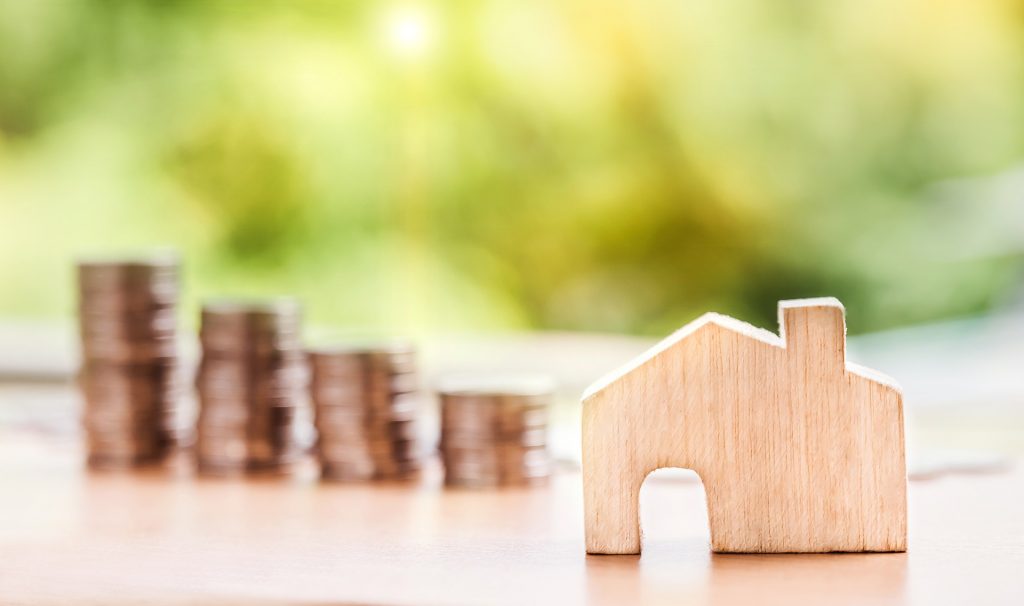
Retirement is a significant transition, often representing a major financial shift in a person’s life. Having as few expenses as possible is typically ideal, ensuring that any retirement funds can last through the remainder of a person’s life. By paying off debts, your monthly obligations can be lowered. If you are wondering whether your mortgage is one of the debts you should tackle, here are five reasons to pay off your home loan before you retire.
5 Reasons to Pay Off Your Home Loan Before You Retire
1. Eliminate a Major Monthly Bill
In many cases, the mortgage is the largest monthly bill a person has to handle. The median home loan payment in the United States is $1,556, which is higher than the average Social Security monthly payment of $1,503.
By paying off your home loan before retirement, you can redirect your mortgage payment to other expenses. Whether that’s recurring expenses, recreation, or anything else may depend on your situation. But, in any case, it’s money you don’t have to send to a mortgage lender.
2. Spend Less on Interest
Getting rid of an interest-accruing debt like a home loan early means you’ll spend less on interest. Whether you shave a few months or a few years off of the amount of time you spend paying the money back, you experience a savings.
Precisely how much you save varies depending on your interest rate, remaining principle, and the number of payments you have left. Additionally, it’s impacted by your payoff approach, as paying off the loan with a lump sum results in a larger overall savings than paying extra each month to complete the payoff process faster.
3. Reduce Your Withdrawals
If you are worried about whether you will have enough money to retire comfortably, paying off your home loan before you start making withdrawals is a smart move. Without that major bill, you may be able to take less out of your retirement account each month.
When you shrink your withdrawals, more money can stay invested for longer, allowing it to keep growing. Couple that with the fact that you aren’t taking out as much cash in the first place, and you may be able to get a few more years of retirement out of what you have stashed away.
4. Pay Off Other Debts Faster
Without a mortgage hanging over your head, you may have extra income that you can direct toward other debts. If that’s the case, you may be able to eliminate the expenses earlier in your retirement, allowing you to reduce your financial obligations as you age.
In time, you may even be able to become completely debt-free. In that case, all you would need to worry about handling for the remainder of your retirement are your recurring expenses, simplifying your finances dramatically.
5. Peace of Mind
Knowing that you own your home outright can provide you with peace of mind. You don’t have to worry about a lender potentially taking your house if you experience a financial hardship, as your home loan is paid off.
Additionally, you may find comfort in your ability to bequeath your home to a family member without them having to take care of an associated debt. This simplifies estate planning significantly, and also makes passing down your house feel like a gift instead of a potential burden.
Are There Reasons Not to Pay Off Your Home Loan Before You Retire?
Technically, there are some situations where paying off your mortgage before you retire may not be the highest priority. For example, if your mortgage rate is low, it may make more sense to direct any spare money toward an investment that offers a higher return than what you pay in interest. That way, you get the most value from the cash.
Similarly, handling high-interest debt before directing extra payments toward your mortgage may also be a sounder financial choice. You would save more in interest overall, making it a wise move.
In some cases, if you don’t intend to stay in your home during retirement, paying off your mortgage may not be necessary. As long as you aren’t upside down on your home loan, proceeds from the sale will handle the remaining debt. As a result, it may be smarter to direct any extra money elsewhere.
Finally, if you have no emergency savings, creating an emergency fund should be your priority. A cash reserve can ensure you don’t have to turn to debt when something unexpected occurs.
Typically, having at least $1,000 in an emergency fund is considered a must. However, stashing three to six months of expenses is better, as it ensures you can weather situations like an unanticipated job loss with greater ease.
Can you think of any other reasons why someone should pay off their home loan before they retire? Are there any reasons not to pay off your home loan before you retire? Share your thoughts in the comments below.
Read More:
- How Much Do I Need to Save for Retirement? A Helpful Guide
- Mistakes to Avoid in Retirement
- Retirement Planning for Freelancers
Tamila McDonald is a U.S. Army veteran with 20 years of service, including five years as a military financial advisor. After retiring from the Army, she spent eight years as an AFCPE-certified personal financial advisor for wounded warriors and their families. Now she writes about personal finance and benefits programs for numerous financial websites.
Leave a Reply